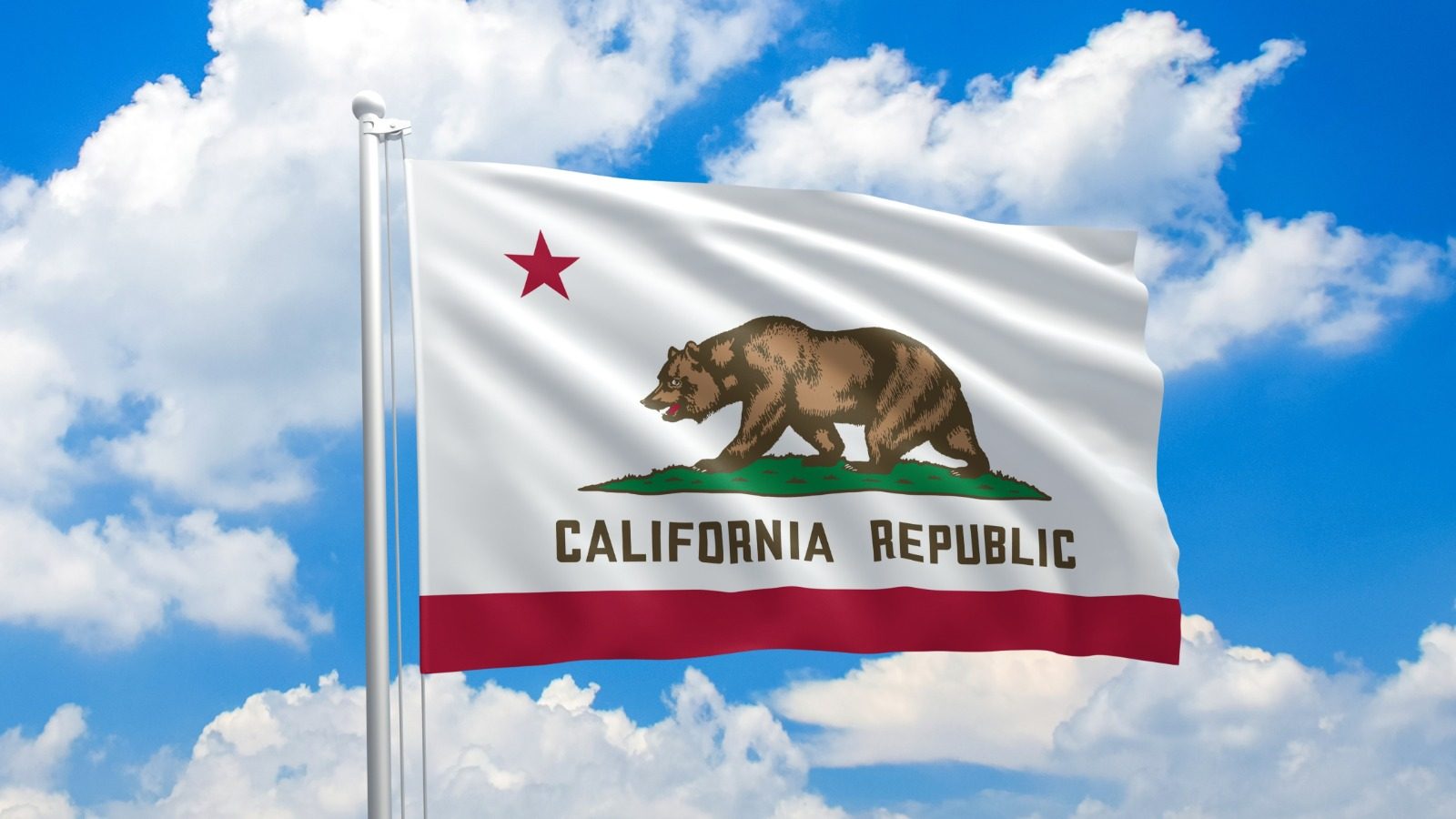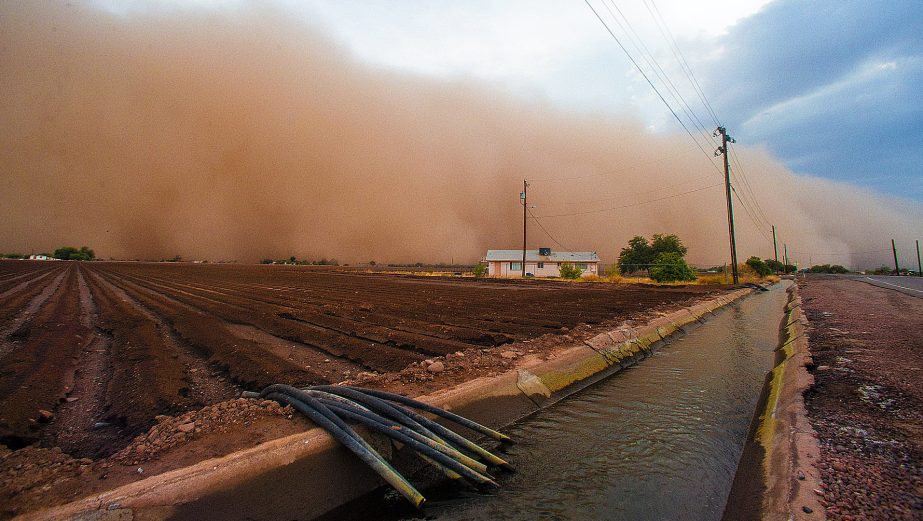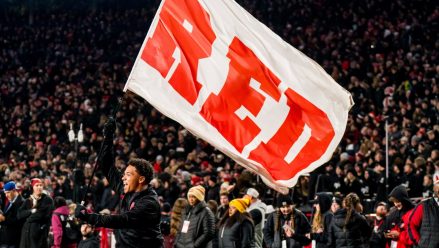Members of the Sports Betting Alliance’s (SBA) Tribal Advisory Council are circulating a document to rally support to legalize sports betting in California, but the state’s biggest tribal association does not support it. The document, obtained Wednesday by InGame, encourages tribes to “commit to working together to secure voter or legislative approval of a tribally governed framework for online sports betting.”
Called the “YES Pledge: Support for Online Sports Betting in California,” the document lists out “core commitments,” including “collaborate with groups like CNIGA, SBA, other industry experts and entities, and legislators to develop a solution that legalizes online sports betting in California.”
CNIGA is the the California Nations Indian Gaming Association, and the SBA is comprised of bet365, BetMGM, DraftKings, Fanatics Sportsbook, and FanDuel.
The “YES Pledge” grew out of eight tribal regional meetings held across California. The meetings were open to all tribes, and some commercial operators were invited to attend portions of the meetings, but were not present for discussions among tribal leaders. The goal appears to be to gather consensus within Indian Country as it continues to try to find a pathway forward for legal sports betting.
“This pledge has been shaped, discussed, and advanced by tribal leaders with the aim of benefiting all tribes,” former Agua Caliente Band of Cahuilla Indians Chairman Jeff Grubbe wrote to InGame via the SBA. “Importantly, operators had no input in its creation; they were merely informed of its contents. It came out of regional meetings, put on by the tribal leaders who sit on the SBA Tribal Advisory Council, where every California tribe was invited to participate in shaping and giving input on a sports betting framework that would benefit all tribes. For the tribal leaders who put forward the pledge (myself included), our primary intention has always been to uphold sovereignty and ensure that all tribes play a vital role in shaping the future of sports betting. Operators have provided data and solutions based solely on tribal feedback, which has been shared with all tribes. They are committed to supporting whatever path the tribes choose.”
But CNIGA sent a strongly worded response obtained by InGame to the state’s 109 tribes indicating that it did not “originate” and does not “endorse” or “support” the pledge. CNIGA has 53 member tribes, including the highly successful Federated Tribes of Graton Rancheria, Morongo Band of Mission Indians, Pechanga Band of Luisieno Indians, Sycuan Band of the Kumeyaay Nation, Viejas Band of the Kumeyaay Nation, and Yuhaaviatam of San Manuel Nation.
Also among the members are the Sherwood Band of Pomo Indians, which stood with the commercial industry earlier this year in the fight against AB 831, the bill that will ban sweepstakes platforms in California.
“While CNIGA fully supports the principles of tribal sovereignty and the right of each Tribal Nation to to determine its own path in gaming, this effort appears to be a corporate-driven maneuver that has referenced tribal organizations, including CNIGA in ways that may cause confusion among tribes, policymakers, and the public.”
Tick tock
Grubbe, a member of the SBA’s Tribal Advisory Council, wrote that some tribes are frustrated with the slow movement toward finding a resolution to bring legal sports betting to California.
“For over a year and a half, all Tribes have recognized the urgent need for a solution to sports wagering. However, during this time, progress has been minimal, leaving tribes without a united framework,” he wrote. “The YES Pledge is a proactive response to that inaction, ensuring tribes are not sidelined by delays. The YES Pledge is not about operators or outside interests; it is about protecting the collective rights of all California tribes. The tribal leaders who put forward this pledge’s position are straightforward — any framework must benefit all tribes equally, strengthen sovereignty, and guard against fragmentation that serves only a few.
“The landscape is changing rapidly, and tribes cannot afford to wait. It is built on the core principles of fairness, transparency, sovereignty, and consumer protection — but with the resolve to act now.”
2025-09-23-CNIGA-YES-Pledge-Not-CNIGA-DrivenMuch of the language in the “YES Pledge” and CNIGA response is similar. Both highlight sovereignty, tribal control, and inclusiveness. A key difference is the clear need for immediate action expressed by Grubbe.
Among the core principles in the letter, CNIGA wrote, “The sovereignty of Tribal Nations must remain paramount. Decisions about the future of online sports betting in California must be made in a tribally driven, transparent manner that benefits all tribes — not dictated by outside corporate interests.”
Commercial interests keep trying in CA
The YES Pledge uses language familiar in Indian Country, including phrases like “tribally governed online sports betting framework” and “striving for shared economic success.” The document promises “equitable revenue sharing.”
SBA members last April unveiled a proposal to legalize digital sports betting in California that included the promise of an annual $10 million payment to non-gaming tribes.
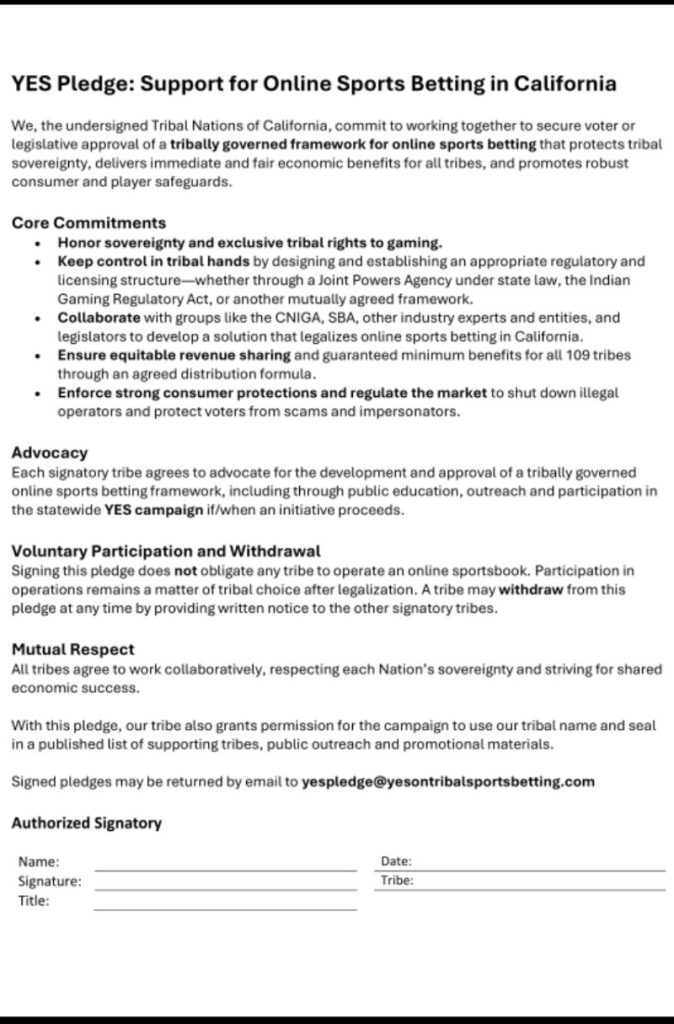
Should a commercial initiative materialize this year, it would mark the third time in four years that the commercial industry has attempted to legalize wagering in California. Less than a year after the tribes defeated Proposition 27, which would have made sports betting legal via licenses to tribes but was funded by seven commercial operators, Kasey Thompson of Eagle 1 Corp. headed up another effort.
Thompson’s group was not associated with traditional sports betting companies. Thompson’s plan was to eliminate all black-market betting companies and, with the help of regulators and lawmakers, “wash” those companies and ultimately hand them over to the tribes so they could run their own platforms. The proposal also called for tribes to have front-facing brands and commercial operators to be management services providers. Thompson’s group ultimately terminated its effort in the face of staunch opposition from tribes.
Disconnect between tribes, operators
The “YES Pledge” document includes an email address associated with the domain name yesontribalsportsbetting.com. According to the GoDaddy website, the domain name is registered to Domains by Proxy, LLC, which is located in Tempe, Arizona, but there is no website associated with it.
Coupled together, the YES Pledge and domain name suggest a group gearing up for another initiative campaign — the question is when. The YES Pledge refers to “voter or legislative approval” and “legalization,” but does not include a timeframe.
CNIGA Chair James Siva has repeatedly said publicly that Indian Country would not pursue an initiative for the 2026 ballot. It’s possible the YES Pledge is meant spur conversation and set the stage for a 2028 (or beyond) initiative.
Tribes have yet to come to a consensus on what a proposal would look like, though there have been multiple all-tribes-invited meetings since Indian Country spent more than $200 million to defeat an operator-led effort in 2022.
Since then, FanDuel has led an effort to win back the trust of the tribes. FanDuel and DraftKings representatives have spoken at several tribal gaming conferences, and most recently, the SBA was a title sponsor at the Indian Gaming Association mid-year meeting in Minnesota in early September.
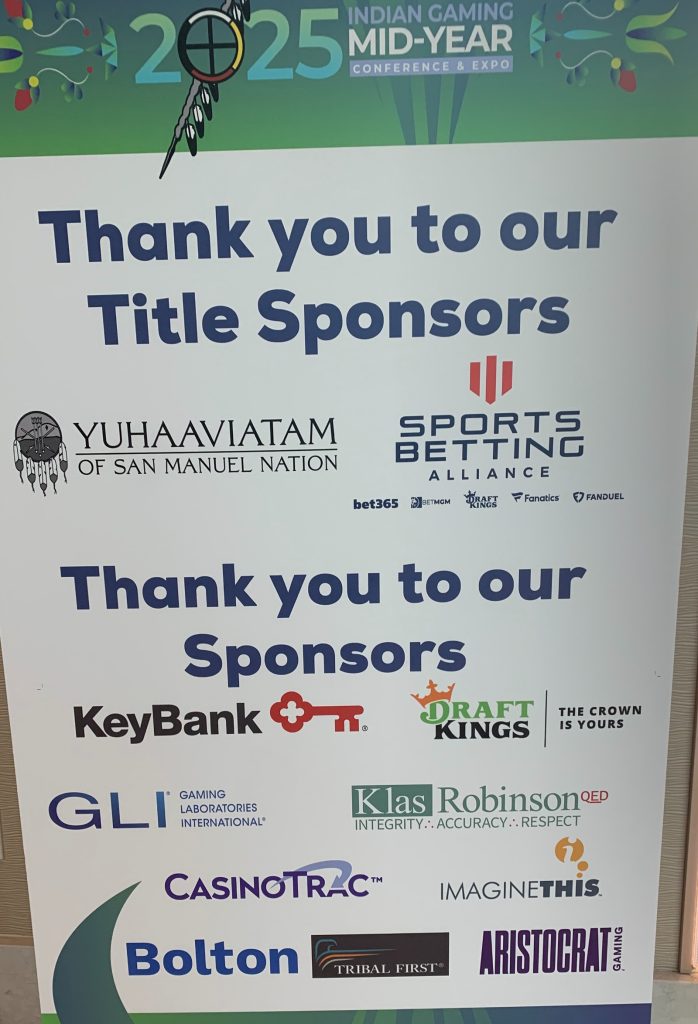
But multiple sources have told InGame that a key disconnect remains between Indian Country and commercial operators: branding. Major commercial operators want their names front-facing. Think BetMGM, DraftKings, FanDuel, Fanatics, and the like — but tribal representatives have been clear in saying that should commercial operators have a presence in California, it will be as management services providers.
Because California tribes have compacted for gaming exclusivity, licenses would be issued to tribes who could then contract with platform providers. Commercial operators appear to have no access in California without the tribes.
Time running short if ’26 is the goal
Should another group decide to move forward with an initiative proposal for the Nov. 3, 2026 ballot, it would be under pressure not only from at least some corners of Indian Country, but also from Father Time. Per the California Secretary of State’s (SOS) website, Oct. 17 is the last day that the attorney general’s office can “prepare and issue a circulating title and summary.” Until the title and summary are issued, proponents of a ballot initiative cannot begin collecting signatures. Among the 13 proposed initiatives currently listed on the SOS website, the latest projected title and summary date is Nov. 25, meaning that a proposal submitted now would have a later date than that.
No wagering proposal is currently listed on the SOS website as pending at the attorney general’s office, or approved for circulation.
In order to meet all of the deadlines, the SOS recommended measures be submitted by Aug. 13. As of Sept. 19, the attorney general had approved seven to begin gathering signatures. The state requires proponents gather 874,641 qualified signatures for initiatives that are constitutional amendments, which a gambling expansion would likely be, and 546,651 for proposed statutes. April 17, 2026 is the final day for proponents to file petitions with county election officials, and May 6 is the final day for the SOS to determine if a petition meets the minimum signature requirement.

